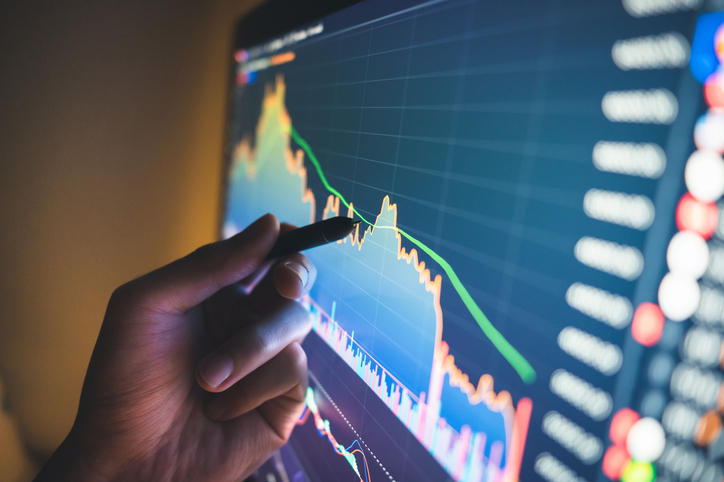Article
What is a Polycrisis, why is everyone talking about it & how could it affect your business?
22 Mar, 20235mins
The annual meeting of The World Economic Forum 2023, often referred to as Davos, after the Swiss town where it takes place, took place in January. The theme of this year's gathering of around 2,700 global leaders from governments, businesses and civil society was 'cooperation in a fragmented world'.
While the event itself was met with some controversy this year following several protests from climate activists who feel that the event is elitist and hypocritical and critics suggesting the conference has become superficial and cannot affect change, there is no doubt that the topics which were up for discussion match the agendas of board members, risk governance professionals and environmentalists alike.
Dialogues focused on the global economic crisis, growing populations, energy, food security and climate change, drawing on concepts for sustainability and resilience such as Just Transition and the potential benefits of a Circular Economy.
But by far, the most used phrase on everyone's lips this year was 'Polycrisis'.
What is a Polycrisis?
The generally recognised definition of a Polycrisis is the simultaneous occurrence of several catastrophic events. Building on this, most experts agree that it tends to refer specifically, not just to a situation where multiple crises are coinciding, but one where the crises become even more dangerous than each disaster or emergency on their own.
Furthermore, not-for-profit think tank, The Cascade Institute describe a global Polycrisis as being 'when crises occur in multiple global systems and become entangled in ways that significantly degrade humanity's prospects', and it is commonly considered that the best way to tackle the impending risk is to understand the effects of the events holistically.
While the term seems to have become a must-use buzzword since this year's Davos forum, it appears to have been around for quite some time, initially used by French philosophers Edgar Morin and Brigitte Kern in 1999 in their book 'Homeland Earth: A Manifesto for a New Millennium'.
In the case of its prolific use at Davos this year, it has been primarily employed to refer to the combination of perceived risks associated with the war in Ukraine, climate change, the slowing of the global economy and rising inflation rates, a possible resurgence of Covid, the cost-of-living crisis and food shortages, as well as other ongoing risks from unstable governments and nuclear threats.
Why should your board have it on their agenda for discussion?
Whatever the size of your company, it's likely that your board members and risk management team are already discussing and monitoring an array of current risk areas such as ESG, Third Party risk management, CSR, compliance to keep up with ever-changing legislation and health and safety.
With time taken up on these vital issues, it may be easy for boards to turn a blind eye to risks which may not seem likely to impact their business directly - perhaps if they are happening elsewhere around the globe or may appear not to pose a potential threat until further ahead in time.
However, as the very definition of Polycrisis suggests, combining the many broader global risks and how they interact with each other and everything around them will likely impact all aspects of the business at some point. Company leaders should examine this potential combined risk to determine how it may affect their business directly, even if the issues seem remote or irrelevant to the day-to-day running of their company. It is unlikely that a company can implement a business strategy without considering how issues such as armed conflict between countries or global food shortages and an economic downturn could affect supply chains, employees and customers, not to mention outside investment and company overheads.
So, while the use of the word Polycrisis may be a fad, the real-world principles it applies appear to be something risk governance professionals should be paying attention to if they want to futureproof and safeguard their businesses.
If you are a risk professional or your company is looking to grow its risk and governance team, contact McGregor Boyall today and find out how our expert recruiters can help you.



